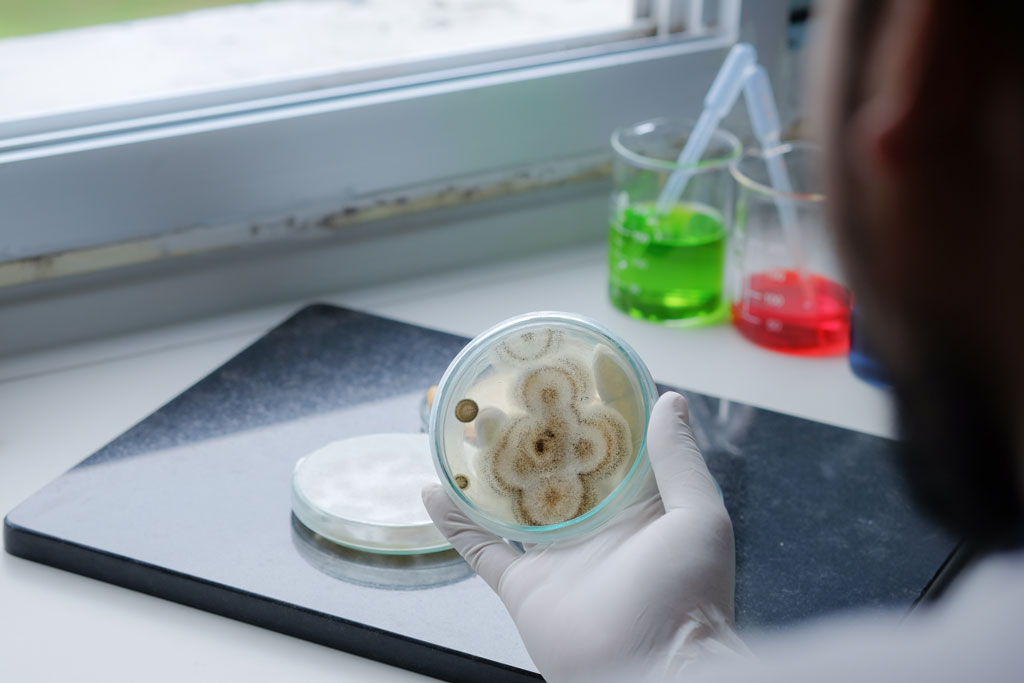Monthly Newsletter
Healthcare Compliance Network
Sterilization procedures should be monitored using biological, mechanical, and chemical indicators. Biological indicators, or spore tests, are the most accepted means of monitoring sterilization because they assess the sterilization process directly by killing known highly resistant microorganisms (e.g., Geobacillus or Bacillus species). However, because spore tests are only done weekly and the results are usually not obtained immediately, mechanical and chemical monitoring should also be done.
Mechanical and chemical indicators do not guarantee sterilization; however, they help detect procedural errors (e.g., overloaded sterilizer, incorrect packaging) and equipment malfunctions. Mechanical and chemical monitoring should be done for every sterilizer load.
Mechanical monitoring involves checking the sterilizer gauges, computer displays, or printouts, and documenting in your sterilization records that pressure, temperature, and exposure time have reached the levels recommended by the sterilizer manufacturer. Since these parameters can be observed during the sterilization cycle, this might be the first indication of a problem.
Chemical monitoring uses sensitive chemicals that change color when exposed to high temperatures or combinations of time and temperature. Examples include chemical indicator tapes, strips, or tabs and special markings on packaging materials. Chemical indicator results are obtained immediately following the sterilization cycle and therefore can provide more timely information about the sterilization cycle than a spore test.
A chemical indicator should be used inside every package to verify that the sterilizing agent has penetrated the package and reached the instruments inside. If the internal chemical indicator is not visible from the outside of the package, an external indicator should also be used. External indicators should be inspected immediately when removing packages from the sterilizer; if the appropriate color change did not occur, do not use the instruments. Chemical indicators help to differentiate between processed and unprocessed items, eliminating the possibility of using instruments that have not been sterilized.

